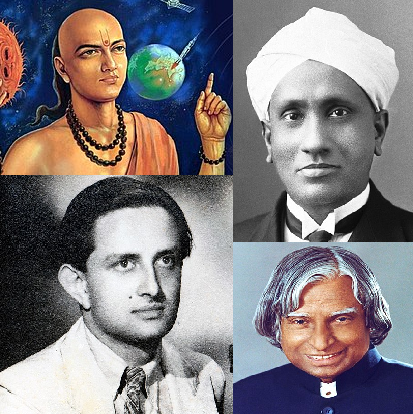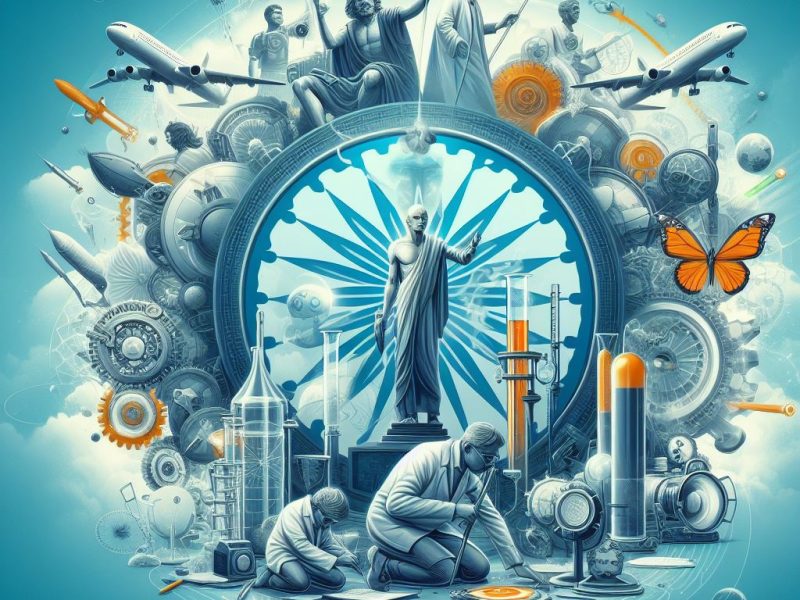The Republic of India is a country that inspires national pride and progress. One of the most significant events in the history of India is the Republic Day, which is celebrated on 26th January every year. This day marks the adoption of the Constitution of India and the country’s transition to becoming a sovereign republic. The significance of Republic Day lies in the fact that it symbolizes the values of justice, liberty, equality, and fraternity, which are enshrined in the Indian Constitution.
The Constitution of India, which was adopted on 26th January 1950, is the supreme law of the land and serves as the foundation for the governance of the country. It is a living document that reflects the aspirations and ideals of the people of India. The drafting of the Indian Constitution was a monumental task, undertaken by the Constituent Assembly, which was composed of representatives from across the country. The Constitution of India is a remarkable document that not only provides a framework for the functioning of the government but also guarantees fundamental rights to the citizens and lays down the directive principles of state policy.
The Republic Day celebrations in India are marked by a grand parade in the capital city of New Delhi, which showcases the country’s military prowess, cultural diversity, and technological achievements. The parade is attended by the President of India, who takes the salute of the armed forces, and the event is witnessed by millions of people across the country. The Republic Day celebrations also include the hoisting of the national flag, the singing of the national anthem, and the awarding of bravery medals to the armed forces and civilians.
The Republic of India has made significant progress since its independence in 1947. The country has emerged as a vibrant democracy, with a robust economy and a diverse cultural heritage. India has made rapid strides in various fields, including science and technology, space exploration, agriculture, healthcare, and education. The country is also a leading player in the global arena, with a strong presence in international diplomacy and trade.
India’s achievements in the field of science and technology are particularly noteworthy. The country has made significant advancements in space exploration, with the Indian Space Research Organisation (ISRO) launching numerous satellites and missions, including the successful Mars Orbiter Mission, and safe land on the Moon with Chandrayaan-3 and Aditya L-1 to study the Sun. India is also a leader in the field of information technology, with a thriving software industry and a growing presence in the global market.
In addition to its technological advancements, India has also made significant progress in the field of healthcare and education. The country has made strides in improving healthcare infrastructure, reducing infant mortality rates, and eradicating diseases such as polio. India has also made significant investments in education, with an emphasis on providing quality education to all its citizens.
The Republic of India is also known for its rich cultural heritage, which is reflected in its diverse traditions, languages, and art forms. The country’s cultural diversity is celebrated through various festivals, dance forms, music, and cuisine. India’s cultural heritage is a source of pride for its citizens and has gained recognition on the global stage.
In conclusion, the Republic of India is a country that inspires national pride and progress. The Republic Day celebrations and the Constitution of India serve as a reminder of the country’s values and aspirations. India has made significant progress in various fields, and its achievements are a testament to the hard work and resilience of its people. As India continues to move forward, it will undoubtedly continue to inspire and lead the way for other nations.


